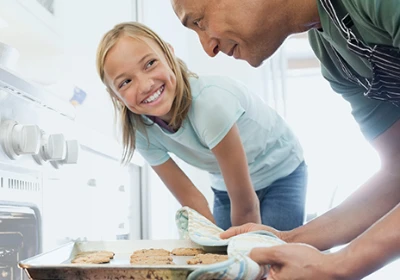
Your diabetes doesn't affect just you. Your family, friends, and loved ones want to know how they can help you manage your diabetes. It's very helpful if you communicate openly with them about how you are feeling and what they can do to help you.
It's also important for your loved ones to know the signs and symptoms of high and low blood sugar, here's an easy to explain printout that you give to them.
It might even be a good idea to sit down and discuss it together. Or share this article. TeamingUp wants them to begin to understand how important their help is to you when it comes to successfully managing your diabetes.
Tips for loved ones: Five Important “Do’s”
1. Be supportive and comforting.
It’s hard for many people to just “be supportive.” Our natural tendency is to want to jump in with both feet and do something constructive to help, such as giving advice about how to deal with thoughts and feelings. Sometimes, this response isn’t the best for your loved one. They may just want you to listen, show you care, or offer a big hug.
2.Be extra patient when low or high blood sugar levels develop.
3. Try to help, especially while out in public.
4. Identify “hot buttons” and work on them.
5. Remember the importance of that sense of humor.
Identifying something humorous in a tough diabetes-related situation goes a long way to making the problem more manageable
Five Important “Don’ts”
1.Don’t try to be the boss.
2. Don’t ignore your feelings.
3.Don’t tempt your loved one.

4. Don’t be critical if your loved one gives in to temptation occasionally.
5. Don’t discuss your loved one’s diabetes in public or with other family members without permission.
Here’s one last idea for anyone with diabetes or a loved one. Go ahead and make TeamingUp the “bad guy.” Feel free to remind the person who’s not doing a “do” or who’s doing a “don’t” that TeamingUp says that’s not the way to go. Who knows, it just might take the edge off and help the other person hear you.
Be sure to talk to your healthcare provider or nutritionist about a healthy eating plan that is right for you.


